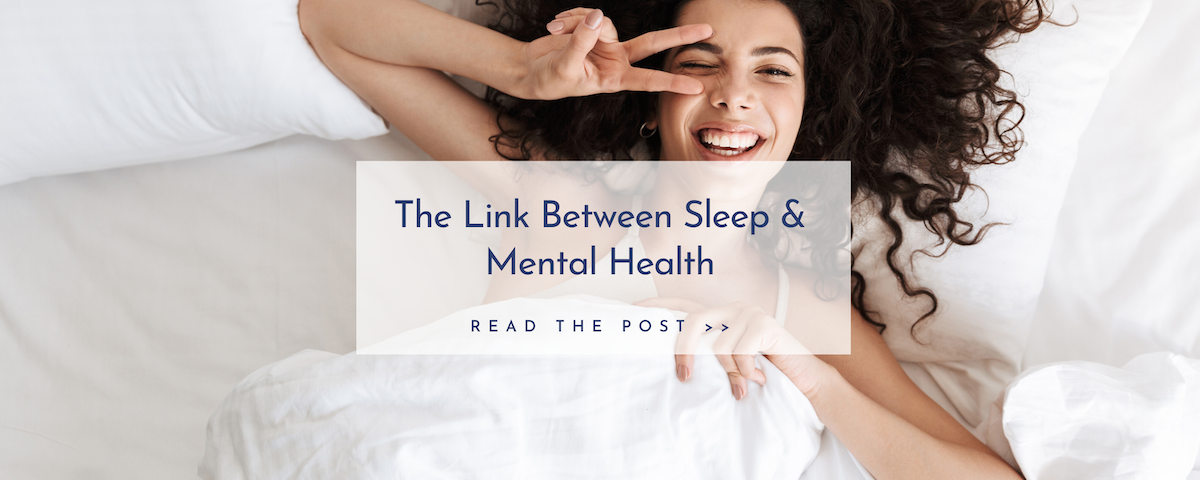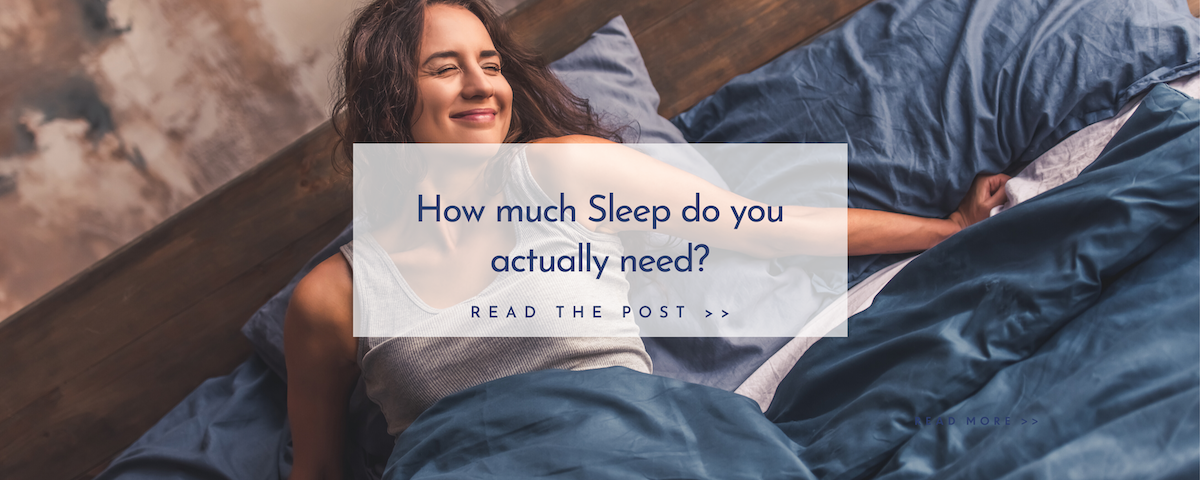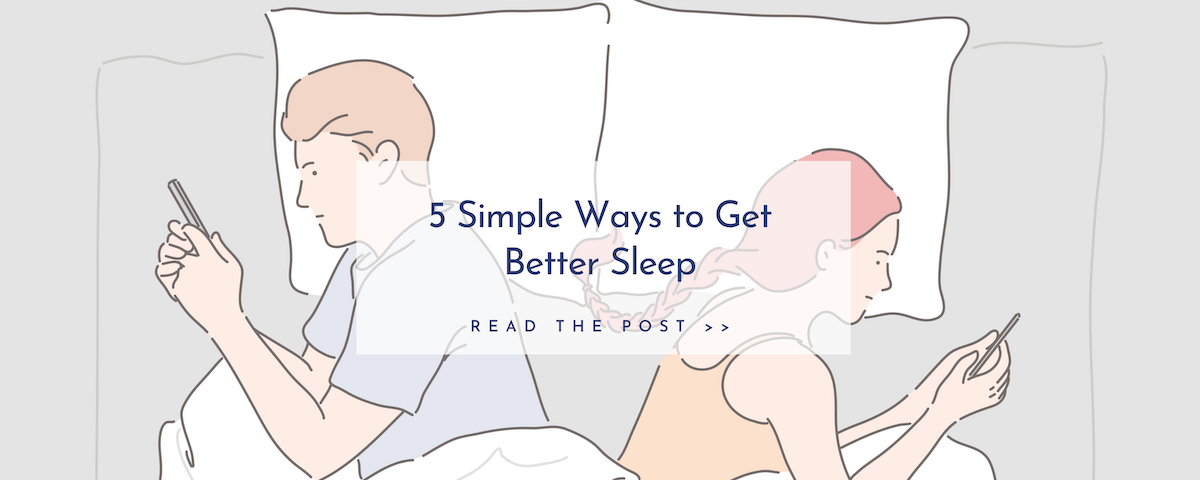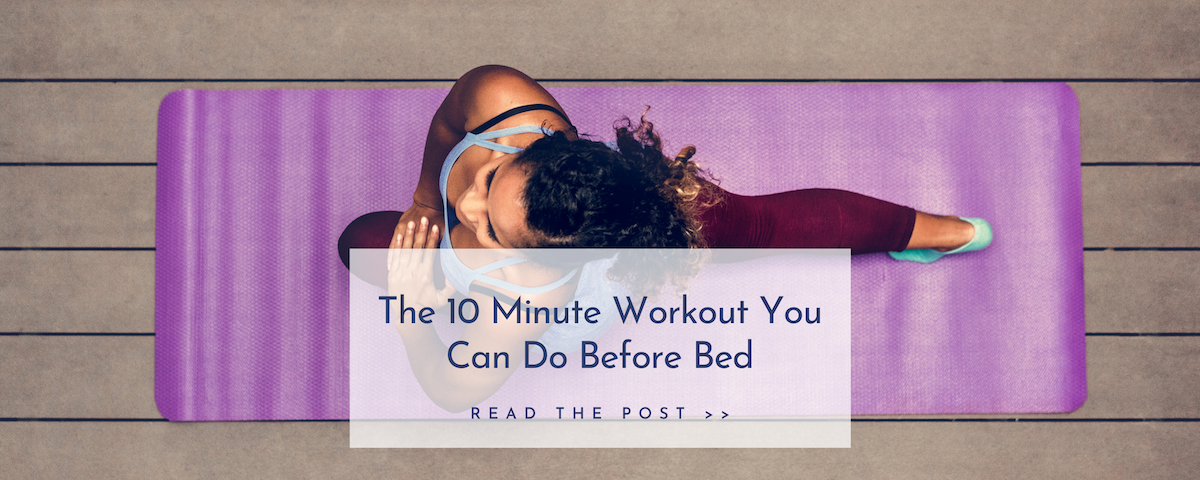Sleep deprivation can affect your mental health
Similar to your diet and level of exercise, sleep plays a huge role in your physical and mental wellbeing. While you sleep, your mind and body continue to work recharging from the previous day and preparing you for the next. Medical professionals widely acknowledge the close connection between sleep and mental, with strong clinical evidence to support the relationship. Given sleep deprivation affects your psychological state and mental health, finding the right foundation to support healthy sleep habits becomes even more important.
Sleep & Mental Health: Did You Know…
- Insomniacs are nearly 10 times more likely to suffer from clinical depression and more than 17 times more likely to report clinical anxiety than normal sleepers.
- Four-year-olds with serious sleep disorders have a higher risk of developing symptoms of psychiatric problems as six-year-olds when compared to normal-sleeping peers.
- Individuals with two or more types of sleep problems were about 2.6 times more likely to report a suicide attempt than those without any insomnia complaints.
- Adolescents may be particularly susceptible to the effects of poor sleep because they often fail to meet suggested sleep requirements during the school week.
Researchers still don’t know the exact reasons for the two-way relationship between sleep patterns and mental illness. But scientists have discovered that sleep disruption seriously impacts neurotransmitters and stress hormones, which can lead to impaired thinking and the inability to regulate emotions; two of the most common symptoms of disorders like anxiety and depression.
Disrupted sleep can affect your wellbeing in these ways:
- physical and mental exhaustion during the day
- poor concentration
- irritability
- aches and pains in muscles and bones
- weakened immune system
- depression
- anxiety
- decreased capacity to regulate negative emotions
Dealing with Insomnia
Insomnia is the inability to fall asleep or stay asleep: it plagues millions of people all over the country.
For many people, insomnia can be part of the complex package of causes of mental health difficulties. If you can sort out your sleep, you could also be taking a significant step forward in tackling a wide-range of psychological and emotional problems.”
– Daniel Freeman, Ph.D., University of Oxford, Department of Psychiatry
Strategies for addressing insomnia apply to individuals with and without existing mental health issues but there are a number of lifestyle changes you can make to develop better sleeping habits.
Buying the right mattress for your body and your sleep preference is a great place to start. An ergonomic sleep system that delivers the contoured support and quality rest you need can go a long way toward improving your sleep, so you can improve your mental health.
Seek Help
If you suspect that you or someone you love is experiencing mental health issues or dealing with sleep problems, consult with a medical professional who can direct you to one of the many effective interventions and treatments available.



